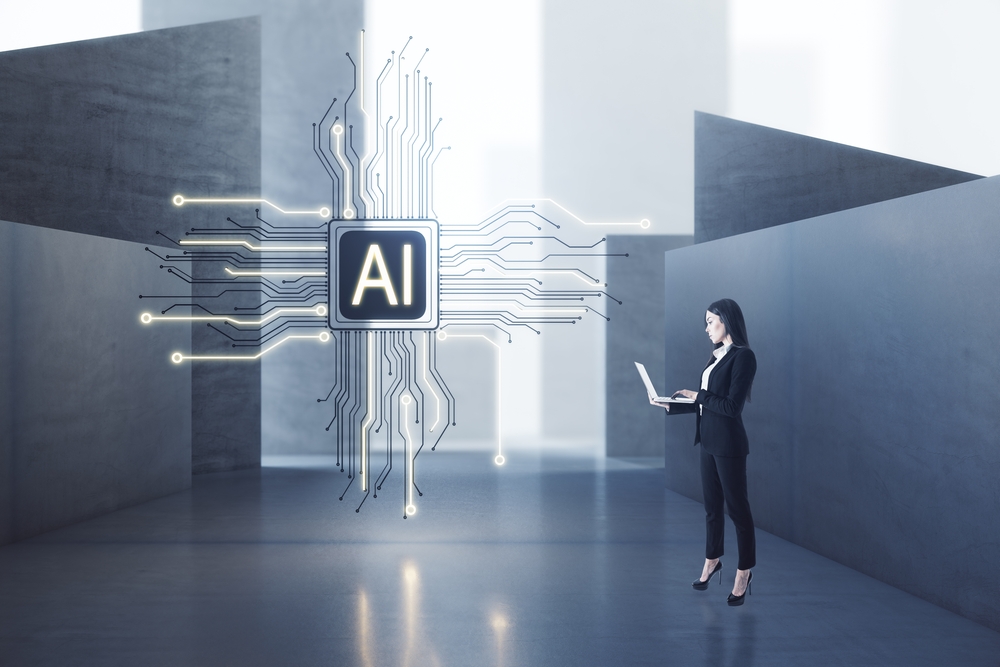AI Revolution in Real Estate: Transforming Jobs and Creating New Opportunities
By Michele Lafortune
November 18, 2025 at 10:30 AM CST
Explore how AI is transforming real estate—streamlining processes, enhancing services, and potentially reshaping job roles. Discover the balance between AI innovation and human skills in creating new opportunities in this evolving sector.

The rise of Artificial Intelligence (AI) has become a major talking point across industries worldwide, and real estate is no exception. As AI technology continues to develop at an unprecedented pace, many are wondering about its potential impact on jobs. Will AI eliminate a significant number of positions, or will it primarily serve to enhance job functions? Let's explore this evolving relationship and consider the implications for the real estate sector.
AI technology is designed to automate tasks, improve efficiency, and provide better data-driven insights. In real estate, AI can streamline property listing processes, enhance customer service through chatbots, and offer predictive analytics for market trends. While these advancements undoubtedly enhance productivity, they also raise the question of potential job displacement. Many repetitive and data-intensive tasks are increasingly being handled by AI systems, leading to concerns about the future of certain roles.
However, it's also important to note that AI creates as many opportunities as it potentially replaces. The integration of AI in real estate is leading to the emergence of new types of jobs that focus on advanced analytics, AI maintenance, and customer relations enhanced by technology. Real estate professionals can leverage AI tools to offer more personalized services to clients, using data insights to tailor property recommendations and improve customer satisfaction.
For roles that involve creativity, complex problem-solving, and interpersonal skills, AI is less likely to replace human efforts. Instead, it acts as a complementary tool that allows professionals to focus more on activities that require human intuition and emotional intelligence. For instance, while AI can process vast amounts of data to identify market trends, the interpretation of these trends and their application to client-specific situations typically require a human touch.
The impact of AI on real estate jobs is a nuanced topic. While some roles may evolve or diminish, the technology also opens new avenues for careers that center around data interpretation, AI system management, and enhanced client relations. As with any technological advancement, the key for those in the sector is to stay informed and adaptable, embracing new tools that can enhance their service offerings.
For those interested in learning more about how AI is shaping the real estate industry or if you're looking to discuss how to integrate such technologies into your buying or selling process, feel free to visit my website at Michele Lafortune, Realty Texas or contact me on my cellular number (972) 978-4000. As a REALTOR® with extensive experience, I'm here to help you navigate the evolving landscape of real estate technology and ensure you achieve your property goals.

Comment